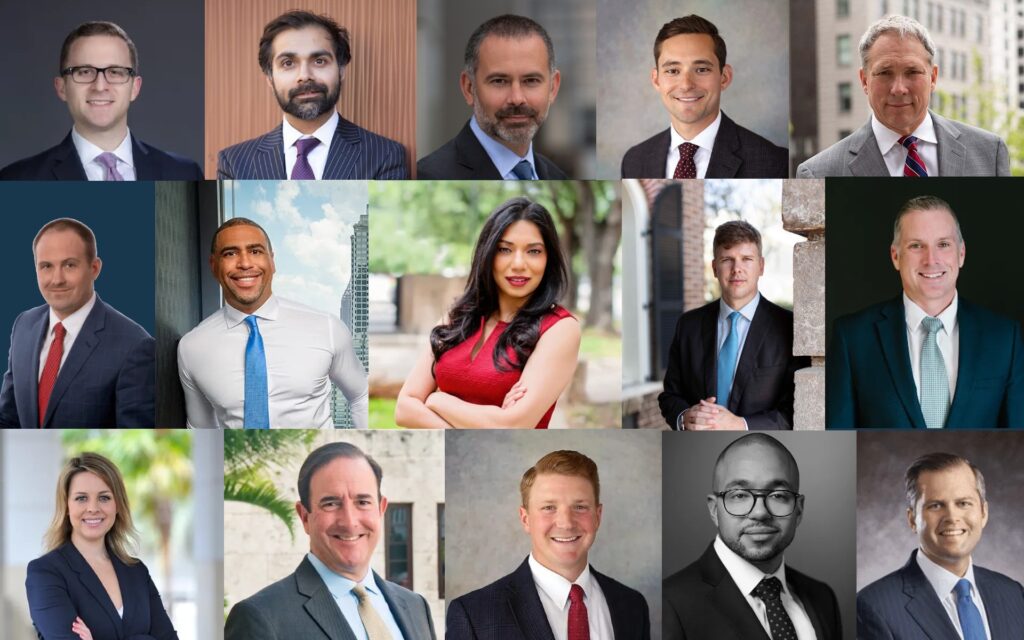
Sexual abuse, along with its traumatic effects, remains a “personal” issue in our society. According to this logic, trauma and the difficult work of recovery are individual burdens, ones that need not be made public to be overcome. We tell survivors to leave their experiences in the past, often because we are simply too uncomfortable with the reality of sexual abuse to confront it.
But in doing so, our society deprives victims of the tools necessary to confront trauma themselves. It’s not surprising then that around 80% of sexual assaults are never reported: we’ve built a wall of silence around victims.
See how our summer camp sexual abuse lawyers at Abuse Guardians can support you.
In her outstanding book Trauma and Recovery, Judith Herman points to this perspective, writing that “many survivors seek the resolution of their traumatic experience within the confines of their personal lives.” Embodied in confidential police reports and the sanctity of a therapist’s office, privacy is often necessary to protect the lives of survivors, who may still be threatened by their abusers. Before any consideration of society, survivors must first protect themselves, both physically and psychologically. This is of primary importance.
Also see: Murder Case Highlights Why Many Child Victims Are Afraid To Speak Up
For many other survivors, however, living in personal silence is the result of having internalized our societal silence about sex abuse. But the impulse to “engage in the wider world” is felt, Herman says, by “a significant minority” of survivors. These men and women speak openly not only about their experiences, but about society’s stifling inability to confront the reality of abuse.
In a 2015 article for The Guardian, Sarah Kelly writes bravely of the numerous factors that keep survivors from raising their voices. Kelly, who was abused by her father as a child, says “children become accustomed to not speaking about what happened.” Even after her father’s trial, in which Kelly served as a witness via video link, her mother’s thoughts turned to “moving on.” She believed leaving her daughter’s trauma in the past the best way to overcome it.
Kelly doesn’t blame her mother for holding that opinion. Nor does she castigate the therapist who told her “to leave the past behind.” But she did eventually disclose her trauma, first to her friends, who couldn’t understand why she would cry watching sex scenes rather than “giggl[e] shyly,” like normal girls do. It was only when one of those friends told her own mother about Kelly’s abuse, that Kelly learned shame was an option.
Caught between the desire to “explain [her] misery” and the friends and family members who treated her experiences as a “sordid secret,” Kelly battled intense feelings of frustration and shame – until she became angry. In Kelly’s account, anger was not another undesirable outcome caused by abuse, a feeling to be overcome, or mitigated, reduced to a whimper of the psyche. Anger was, and continues to be, a tool, something to harness.
Kelly became, in her own words, a “defiant victim,” one who spoke and wrote openly about her experiences. Doing so was a concerted choice, not an organic stage in her process of recovery. She chose to “refuse” shame, a feeling that had been imposed on her by the reactions of family members, the counsel of her therapists.
Becoming a “defiant victim” is not the same as reporting abuse to the police or other authorities, Kelly suggests. Speaking to “authority figures,” for her, was a cold, fact-oriented matter – one very separate from working through her trauma. Disclosing abuse to the police is a vital step, but it is not, on its own, sufficient to create a space in which victims feel that their experiences are a legitimate topic of discussion. For that space to be created, we need survivors who, like Kelly, provide testimony of their emotions and challenges directly.
For the rest of us, both allies and people still unwilling to face sexual abuse, our only duty can be to listen. Our culture may not be ready to confront the horrors of sexual assault, violence against women, the abuse of children. But these are very real injustices, and abuse happens whether or not we have the bravery to look it in the face.



